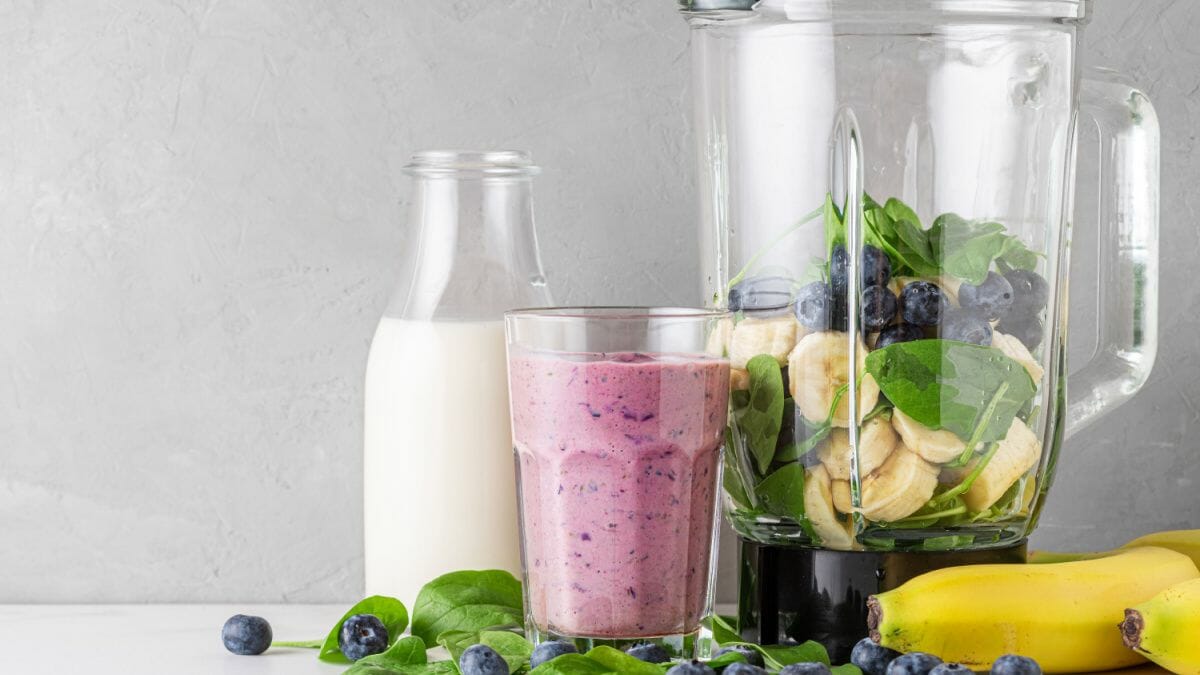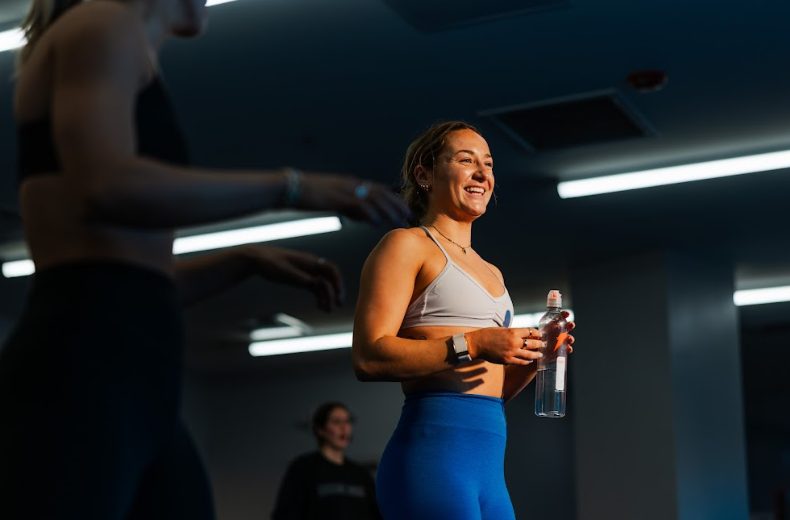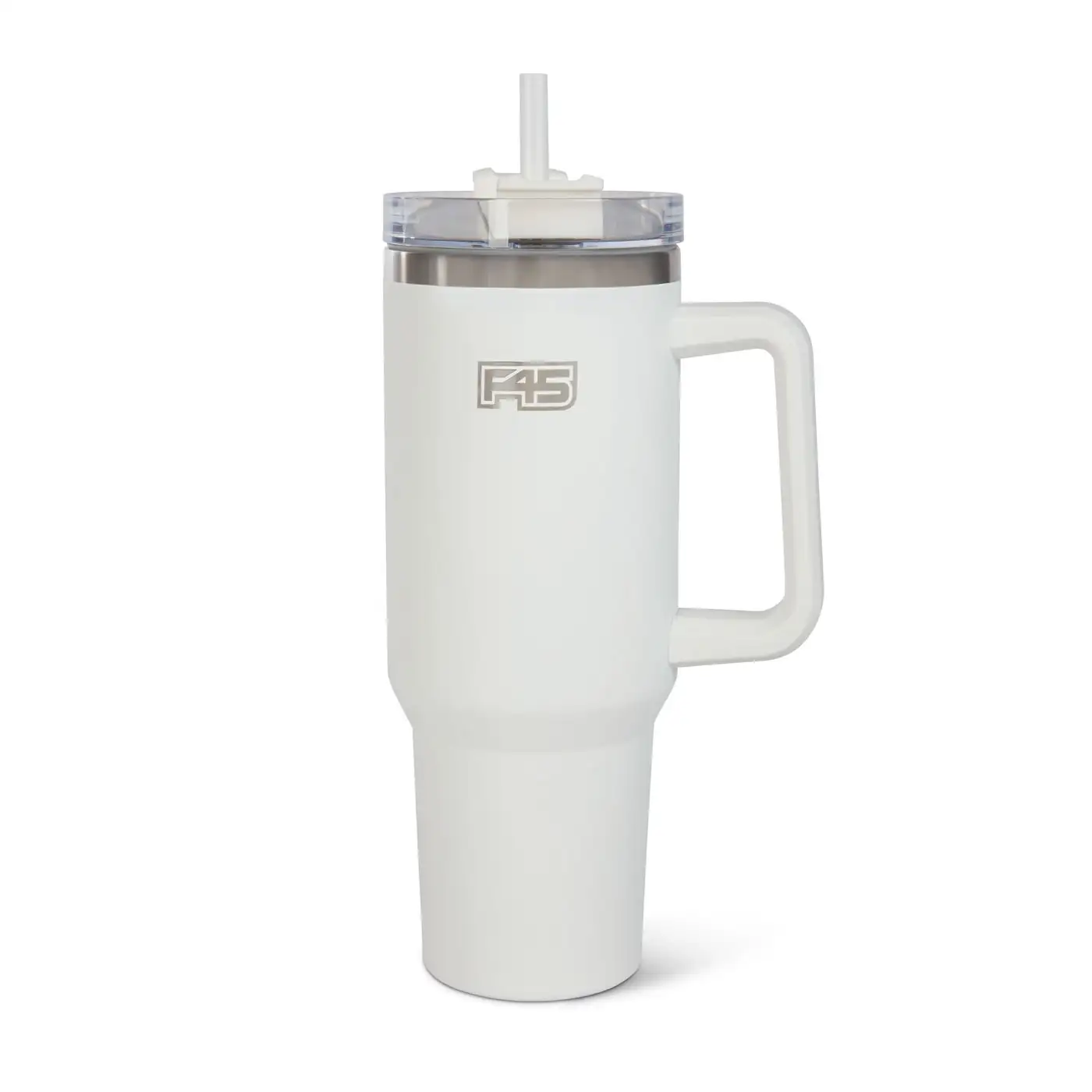Read on as we delve a little bit deeper into why nutrition and exercise are vital parts to the fat loss journey and a healthy wellbeing.
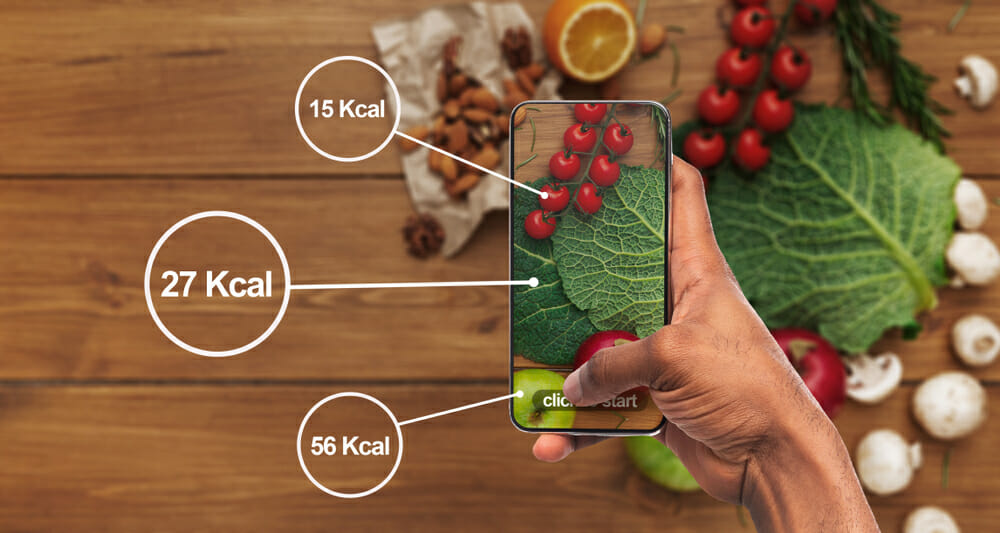 You have probably heard the saying, ‘you can’t out-train a bad diet.’ The amount of energy you can expend or burn each day from exercise is limited. However, the amount of energy you can consume from food and drinks can pile up. When we exceed the amount of calories we need per day based on our total daily energy expenditure, we are in a caloric surplus. This means that the amount of calories we take in is greater than what we burn. However, in order to achieve fat loss, there needs to be an energy deficit.
You have probably heard the saying, ‘you can’t out-train a bad diet.’ The amount of energy you can expend or burn each day from exercise is limited. However, the amount of energy you can consume from food and drinks can pile up. When we exceed the amount of calories we need per day based on our total daily energy expenditure, we are in a caloric surplus. This means that the amount of calories we take in is greater than what we burn. However, in order to achieve fat loss, there needs to be an energy deficit.
The science
Let’s delve a little bit deeper into why nutrition is king and exercise is queen when talking fat loss. Total Daily Energy Expenditure (TDEE) is an estimation of how much daily energy each person requires when factoring in exercise and baseline metabolic requirements. Specifically, TDEE is the amount of energy required to break down food while also taking into account the amount of activity you do each day. The majority of energy we consume each day is determined by our Basal Metabolic Rate (BMR), which is the base amount of energy your body requires to function each day. This is typically about 75-80% of daily energy requirements. The body also uses energy to break down food and absorb nutrients, also known as the ‘Thermic Effect of Food,’ which accounts for about another 10%. This leaves just 10% of our total energy expenditure that is influenced by how much activity we do in the form of incidental movement and exercise. This is why quality nutrition is so critical when it comes to fat loss. Now, we certainly aren’t saying that exercise isn’t a key player in the fat loss equation. Exercise is crucial for promoting lean muscle development and enhancing metabolism to improve the rate at which we are able to utilize energy and burn fat. Specifically, exercise stimulates the growth of metabolic tissue to increase fat burning, and when this is coupled with quality nutrition, the rate at which we burn fat greatly improves.
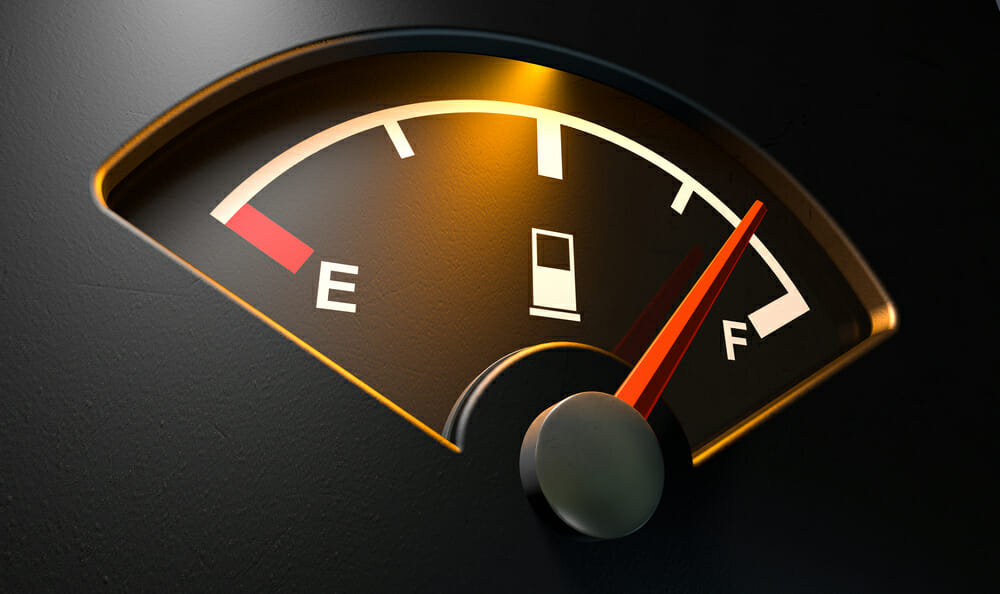
There needs to be an energy deficit
We are all familiar with the ‘energy in’ versus ‘energy out’ equation. Knowing what we now know about TDEE, to generate a caloric deficit, we need to be consuming less than what our TDEE is each day.
There are many ways to reduce your daily energy intake, including reducing portion sizes and keeping a record of daily calorie intake. This has been shown to increase awareness and accountability for what we are regularly consuming.
It is important to note that efficient fat loss requires more than just an energy deficit. The physiology of the human body is advanced and programmed for survival mode. When we are in an energy deficit, we also need to incorporate specific strategies, such as regular exercise, in order to achieve desired fat loss without muscle loss.
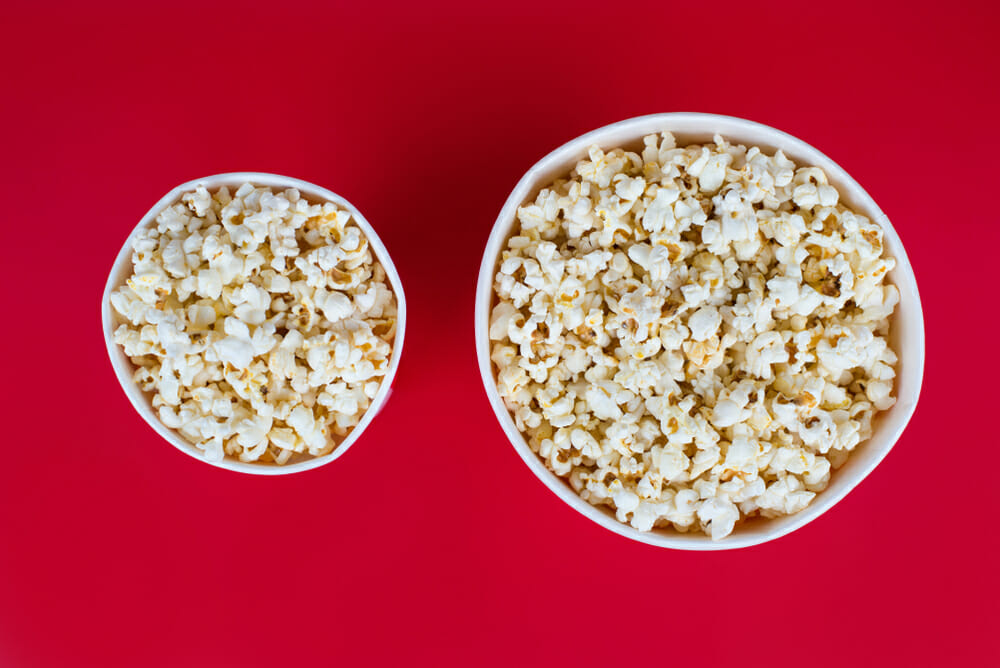
Diet quality
What you eat matters! Consuming good quality proteins, whole grains, fruits and vegetables will help ensure the weight you lose when in an energy deficit is fat rather than muscle.
Quality protein is essential for fat loss, as it is largely involved in protein synthesis and the development of lean muscle mass. Specifically, research has shown that in healthy, young resistance-trained athletes, less muscle mass is lost in a four-week period when on a higher protein intake (2/3g/kg/body weight) as compared to an energy-matched control group (1g/kg/body weight), when in an equal energy deficit.
Protein is also key for appetite control. Protein helps maintain and protect muscle mass during an energy deficit, while also keeping us feeling fuller and more satisfied for longer periods throughout the day. Fiber is another important nutrient for fat loss, as it provides subsistence to our meals and slows digestion for feelings of satiety. Think whole grains, fruits and vegetables. Aside from keeping us satisfied, whole-grain foods such as oatmeal and ezekiel bread are broken down and digested at a slower rate. This minimizes any spikes in blood sugar that would normally occur with refined and processed carbohydrates.
Lastly, hydration! With approximately 60% of the human body made of water, every single cellular function in your body is impacted by your hydration status, including your appetite control.
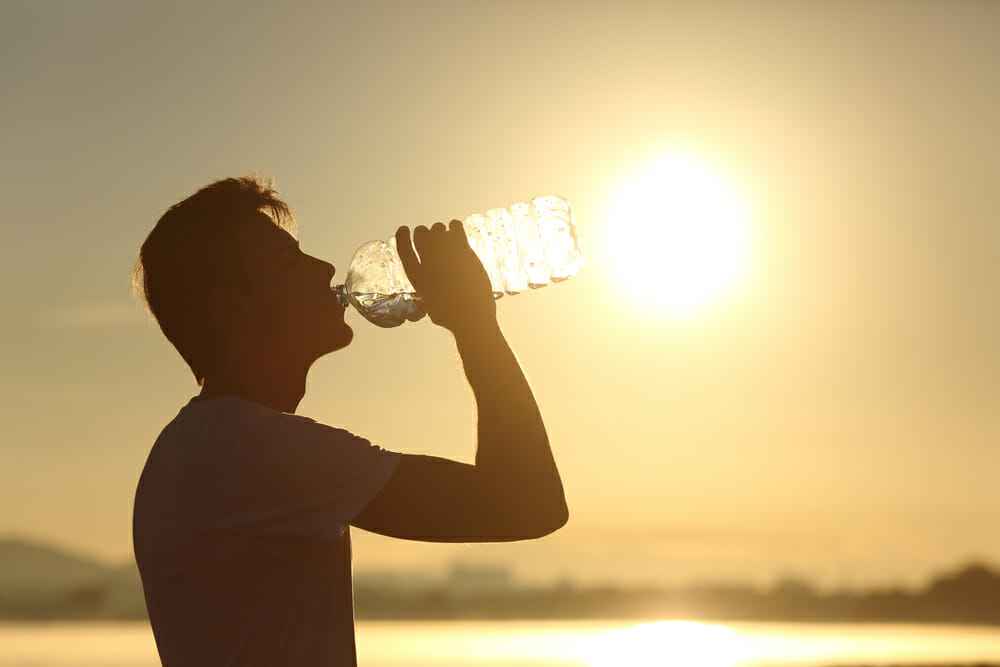
What is the fat loss formula?
- Create an energy deficit.
- Eat a protein-rich diet which is evenly distributed across the day. Aim for 20-40 grams at each meal and snacks (1.5 – 2.5g / kg / day).
- Eat an abundance of fiber-rich foods.
- Stay hydrated.
- Incorporate movement on a daily basis.
